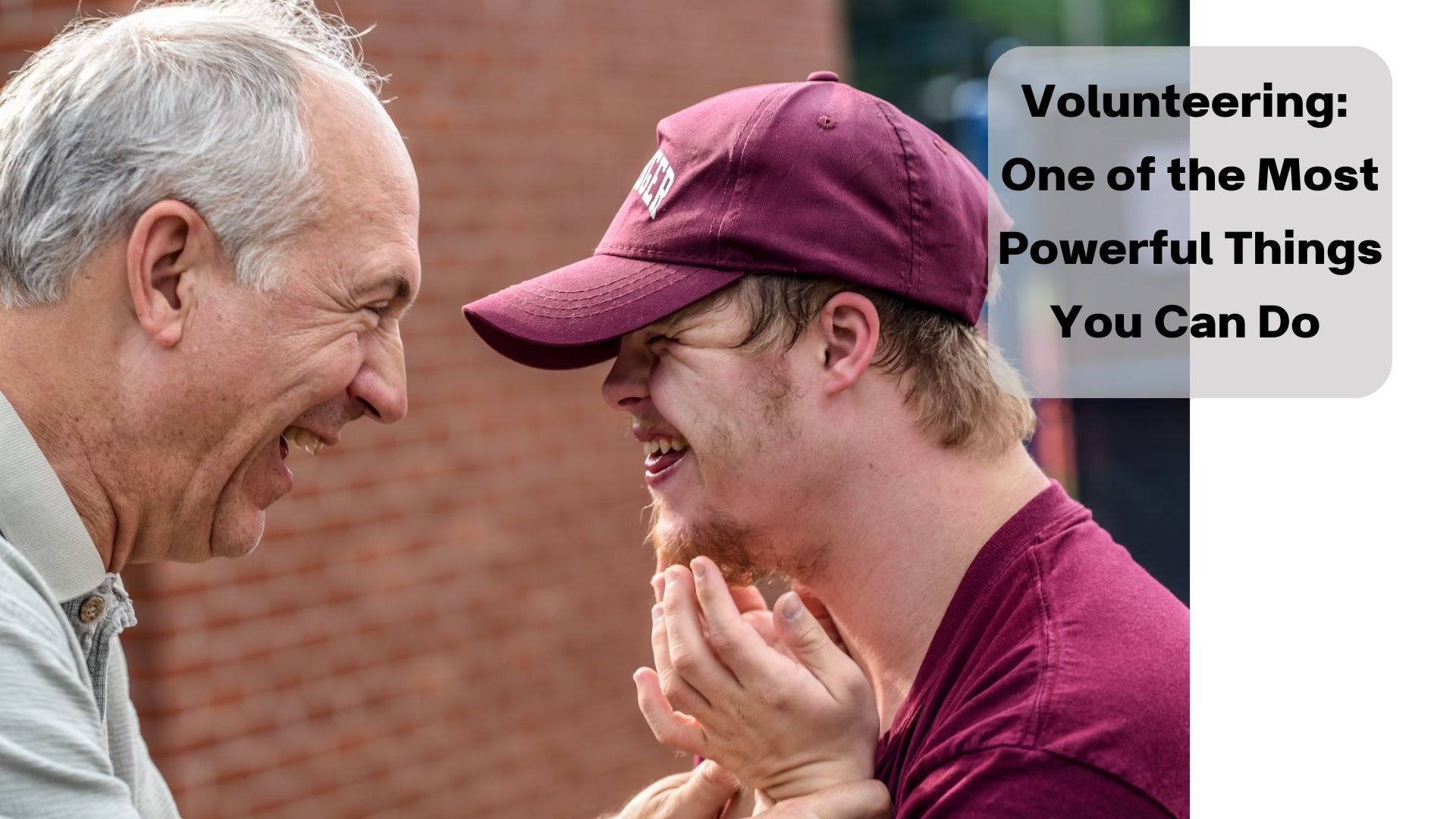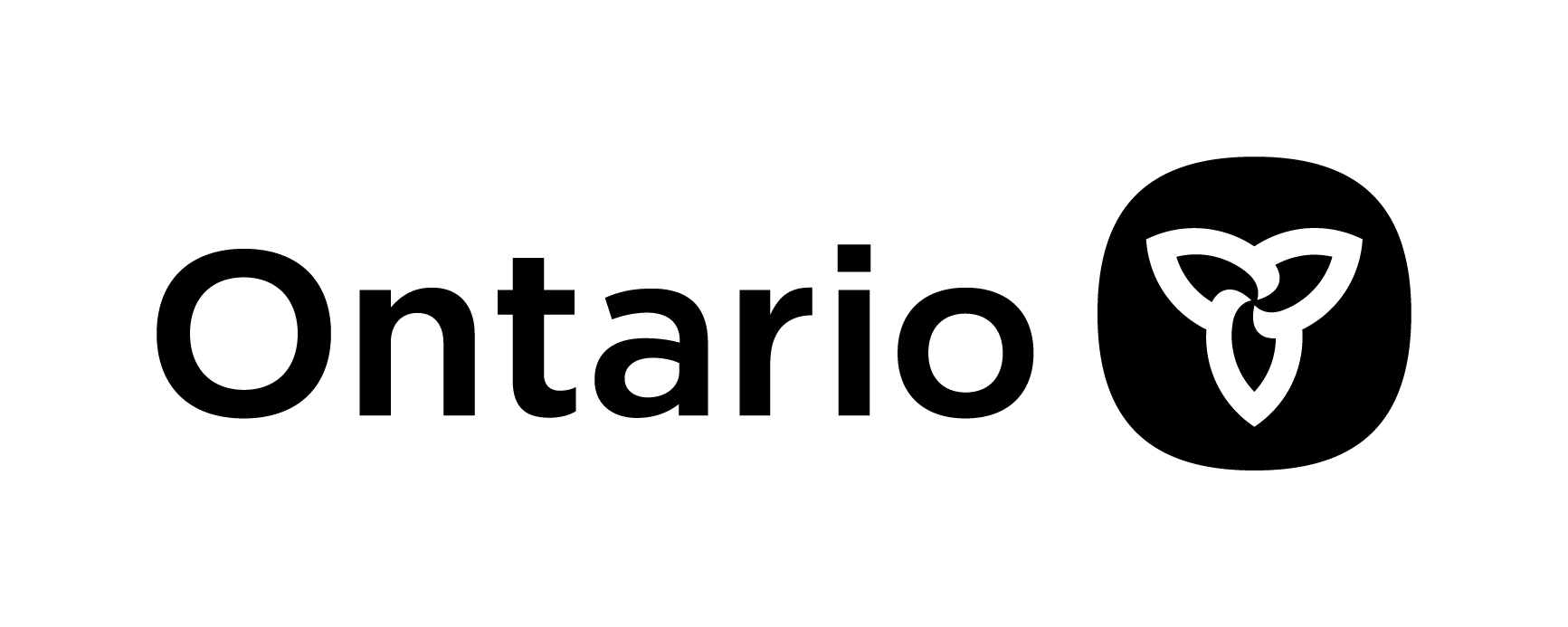

One of the first pieces of advice that, the founder of Blue Zones, always gives as a way to improve your life, health, and happiness is to sign up to volunteer in your community.
Helping others benefits our health, just as it benefits those we serve through volunteering, says the founder of Blue Zones, Dan Buettner, a National Geographic Explorer and Fellow and journalist. He coined the term “blue zone” to identify regions of the world where people not only lived longer but also enjoyed a high quality of life in their old age.
People in their 50s through 80s, retired on pensions or savings — or both — ultimately woke up to the fact there’s more to life than watching Florida sunsets.
Volunteering has shown to improve mental and physical health in one study of adults over 60. In another study, volunteers reported better physical health and life satisfaction; they perceived volunteering as a catalyst to positive changes in their health.
Volunteering helps in many ways because you can see right away the effects of your contribution and commitment.
Research has documented the positive feelings that surface during a “helper’s high.” Volunteering: improves health, lowers stress, and boosts self-confidence.
Participating as a volunteer with others in a group* boosts self-confidence and decreases the risk of depression, especially in the elderly population.
While there is no cure for dementia or Alzheimer’s, studies suggest strong social ties can help ward off the diseases’ advance. A great way to build social ties is to volunteer!
A longitudinal study of aging found those who volunteer their time have longer life spans. Participants also experience a decrease in pain from chronic illness. Studies specifically examining the effects of volunteering find that helping behaviour is beneficial for volunteers’ psychological and physical health.
Volunteering has additive benefits above and beyond the benefits of other everyday social activities. Why should volunteering have such positive effects? There are some potential theories:
- Volunteering boosts social resources, which in turn has health implications.
- Volunteering contributes to a sense of deeper meaning compared with other types of social activities, although other social activities may contribute to temporary and less meaningful aspects of happiness
- Volunteering behaviour might prevent feelings of meaninglessness with resulting health implications.
If you volunteer, you often get more out of it than you give. It can be an enjoyable experience and besides combating loneliness and bringing joy to your life, volunteering regularly also improves physical well-being.
In one of his better-known speeches Dr. Martin Luther King, Jr. used the term “creative altruism.” These two words stand out; joined at their hip, they form a close-knit brother and sister relationship advancing humanity, no matter what the benevolent cause. More than ever our world needs creative altruism. What if we prepared, measured and celebrated all lives that move the needle in this more caring way? There would be less heartache, less suffering, more kindness and empathetic thought and deeds.
In relation to Dr. King’s term, “creative altruism,” volunteers live longer than non-volunteers, when they volunteer for other-oriented reasons (altruistic reasons) not as much for self-oriented reasons (self-enhancement reasons). More other-oriented motives for volunteering may be linked to improved health because these motives may help to promote a sense of deep and lasting well-being originating from service to something bigger than the self.
A study published in the journal Psychology and Aging showed volunteers had lower hypertension risk and higher levels of psychological well-being than non-volunteers.
Check out these great articles that on the Blue Zones website & one study that informed our article:
- Why Volunteering is One of the Most Powerful Things You Can Do for Your Health
- How Strong Friendships Can Defy Dementia
- Making Creative Altruism a Part of Every Day Life
- Un-Retirement Trend: Why Some Workers Can’t Call it Quits
- Motives for Volunteering Are Associated with Mortality Risk in Older Adults
Check out the Blue Zones Documentary on Netflix!
*See our article on Group Volunteering


